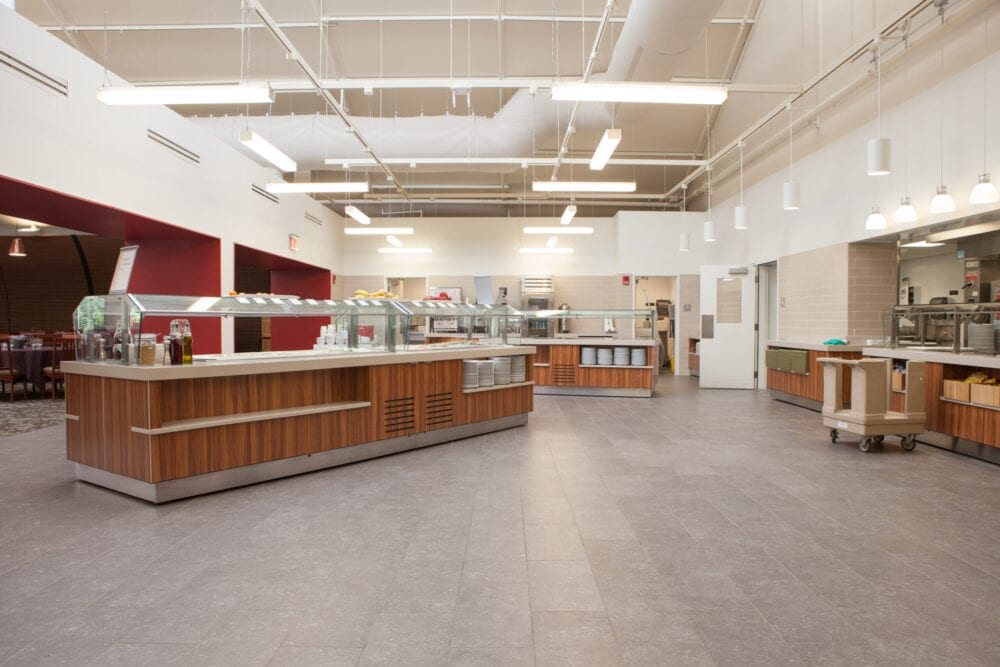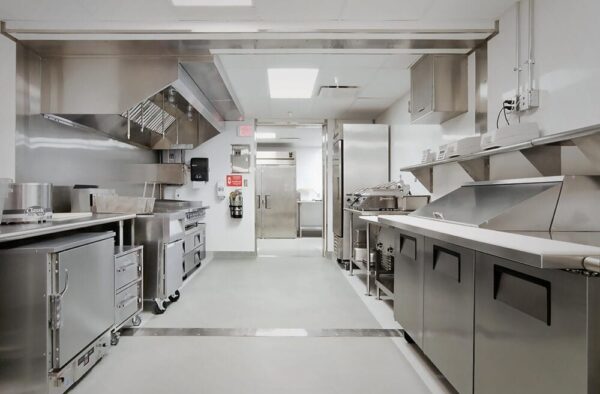With research finding that “school meals are essential to supporting the academic achievement and fundamental well-being of all pupils,” schools in California and across the country are challenged with providing adequate meals to aid youth to learn, grow, and achieve.


Kitchens To Go has helped numerous K – 12 schools nationwide improve their kitchen and dining space through modular kitchen solutions. Often, when schools are faced with a renovation, Kitchens To Go provides temporary modular solutions that allow schools to continue serving students without interruption. Whether because of aging infrastructure, changes in population, or changing needs (e.g. dietary, on-the-go, gluten-free), Kitchens To Go has worked with schools and foodservice operators to find creative temporary and permanent solutions.

Stay up to date with Kitchens To Go by signing up for our quarterly newsletter! Be among the first to hear about news, product innovation and the all ways KTG Keeps You Cooking!
131 West Jefferson Ave,
Suite 223
Naperville, IL 60540
Phone: 866-499-5481
Fax: 630-355-1610
9876 West Old Road,
US 30
Etna Green, IN 46524
